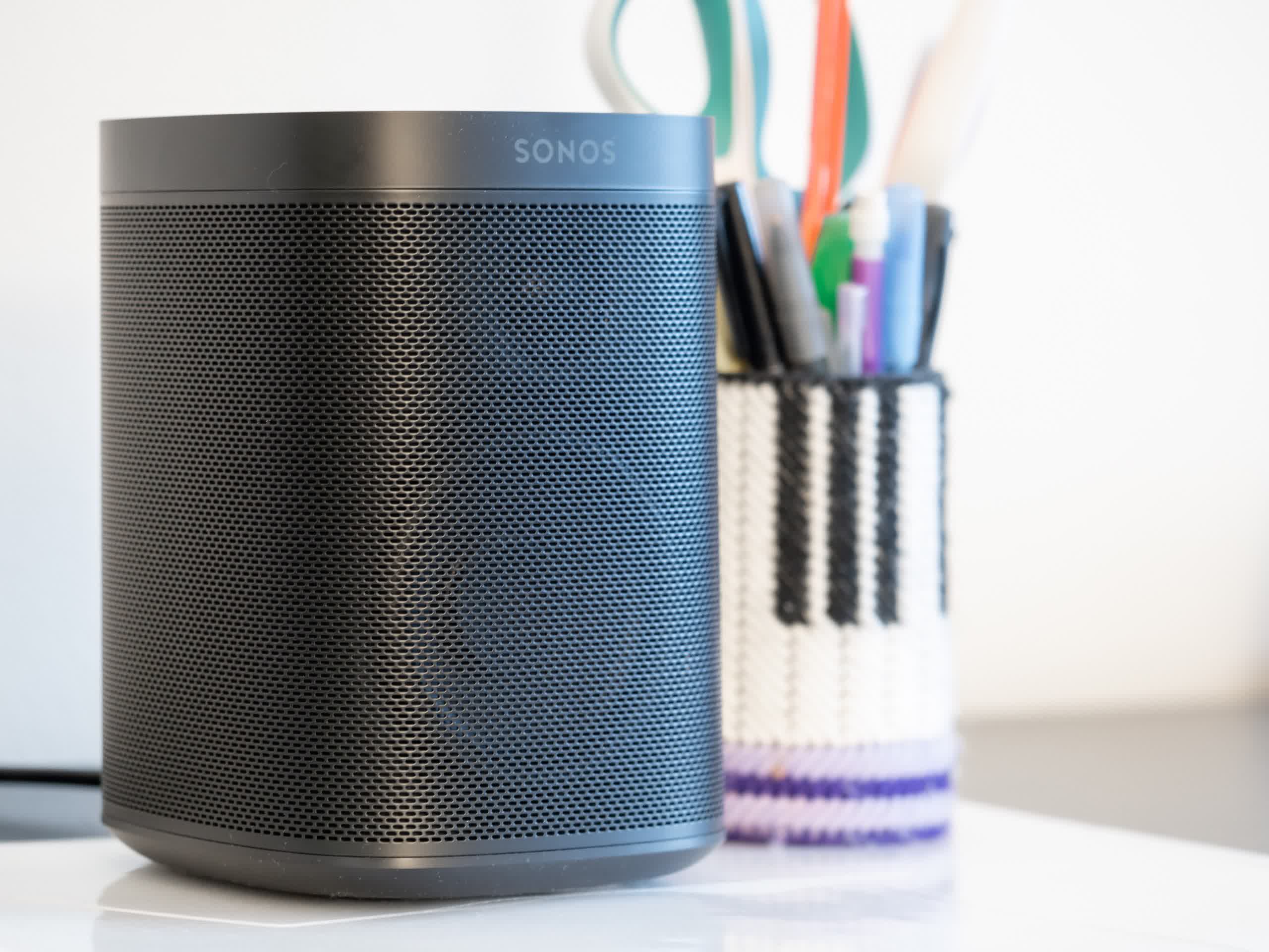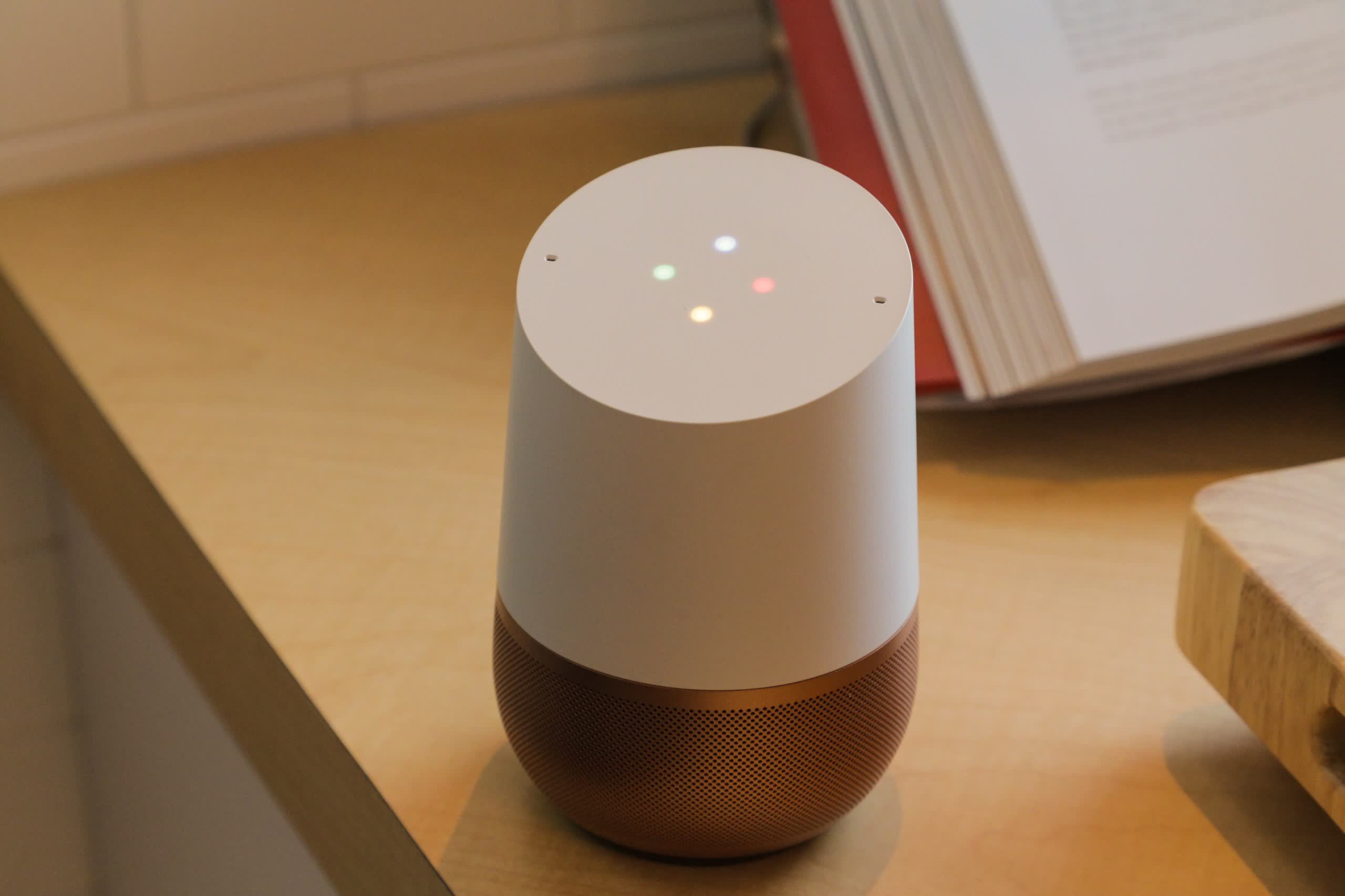What just happened? A US trade court has ruled in favor of Sonos in its ongoing legal battle against Google for allegedly infringing on its speaker technology patents. Google already responded with software updates to get around the IP claim, which many of its customers aren’t taking well.

In 60 days, Google will be banned from importing into the United States any products falling under the International Trade Commission’s ruling that it infringed on Sonos' patents. The judgment is under presidential review during those 60 days.
According to The New York Times, this will affect Google Home speakers, Pixel phones, Chromecasts, and some computers.
Sonos was in the business of connected smart speakers before Google, but in 2013 the two companies entered a partnership to make Sonos speakers compatible with Google Play Music. When Google later released Google Home, the Pixel phones, and the Chromecast, Sonos claimed Google had used information gained during their product partnership and sued the company in January 2020.

This week's final ruling upholds a preliminary verdict from August 2020 in Sonos' favor.
Shortly afterward, Google revealed software updates to its smart speakers because of the ruling. Now, users will have to adjust the volume of each speaker individually and can no longer use their phone’s physical volume button to do so. The comment section of that announcement is full of angry customers, some asking for refunds.
Masthead credit: Ajay Suresh
https://www.techspot.com/news/92901-trade-court-rules-google-infringed-sonos-patents.html